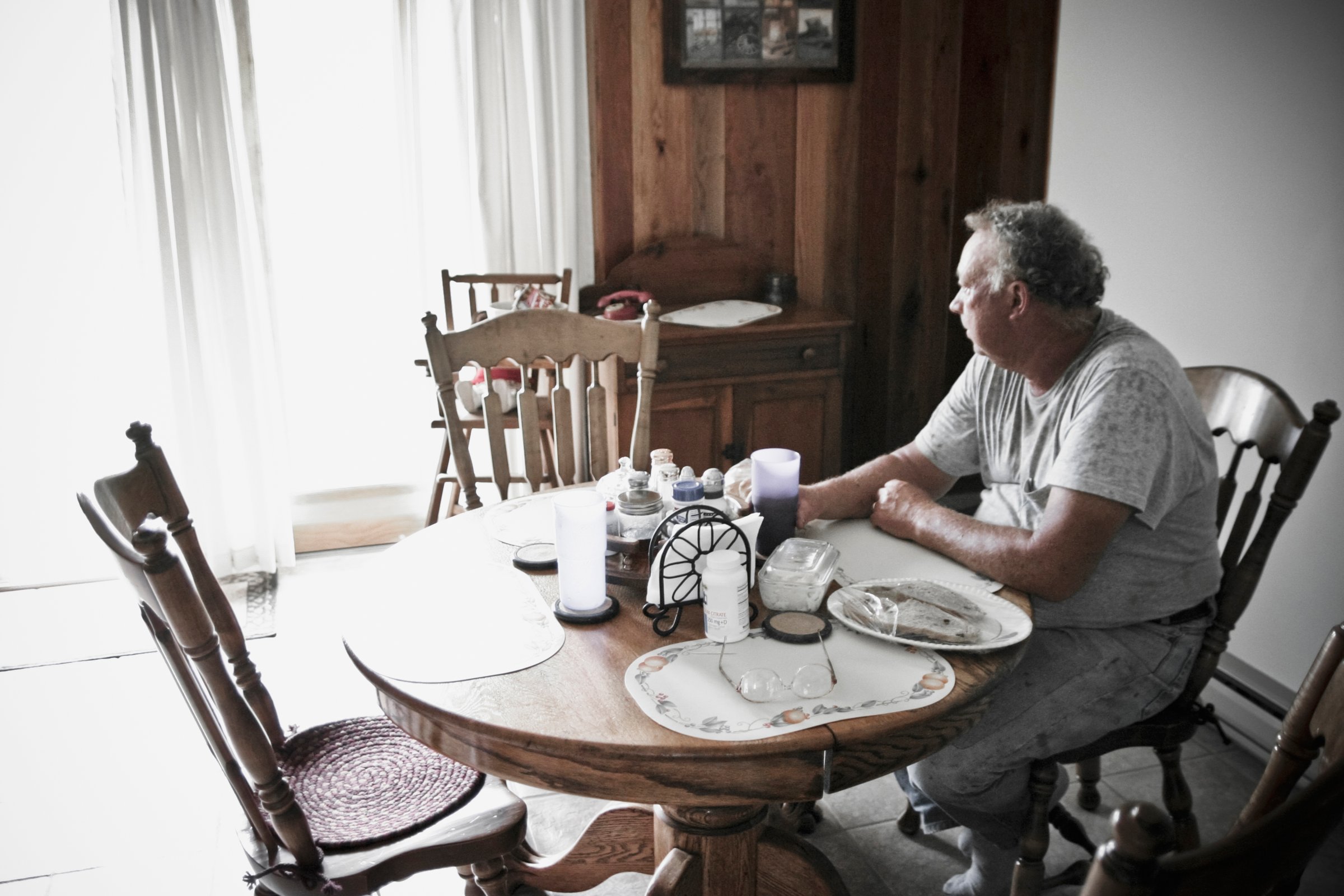
For several years now, sociologists have noticed that education is a great protector against divorce. College-educated couples are about half as likely to divorce as high-school-educated couples. In fact, the rate of divorce among the college-educated is lower than it was 30 years ago. All except in one case: people older than 50.
Nearly 1 in 4 people who is experiencing divorce in the U.S. is over 50. Almost 1 in 10 is older than 64. People over the age of 50 are twice as likely to divorce as their forebears were as recently as 1990. And for that age, education doesn’t matter: those with degrees and those without are having the divorce papers drawn up in equal numbers.
Some of this can be attributed to the fact that older people are often on their second or third marriages, which traditionally are less stable than first marriages. But a lot aren’t. “More than half of gray divorces are to couples in first marriages,” write Susan L. Brown and I-Fen Lin in a new paper for a Council on Contemporary Families symposium, adding that even more than half of these late-life breakups were between couples who had been married more than 20 years.
You’d think after two decades of living in close quarters, people would have ironed out their differences. And you could well be right, but that doesn’t mean they’re happy. “Many of these marriages have not been marked by severe discord,” says the study Gray Divorce: A Growing Risk Regardless of Class or Education, which went online on Oct 8. Instead, it seems like empty-nesters, having finished that joint project known as raising the kids, now find they don’t have so much in common. And since divorce can be free (at least theoretically) of finger-pointing and blame — no-fault divorce is now available in every state — they go their separate ways once the children are grown.
Brown doesn’t think there’s a direct link between no-fault divorce and the uptick in elderly divorces, but rather that they are both part of the same reshaping of marriage that has been under way for several decades. “Marriage is now more individualized,” she says. “For couples who aren’t happy, divorce is an acceptable solution. Neither partner has to be ‘at fault’ — instead, the couple could have simply grown apart.”
The other new realities that make splitting up an increasingly attractive option for the AARP crowd are the fact that women are more financially independent and don’t need to stay with a spouse who really gets on their nerves, nor do their spouses need to stay with them, and the increasing length of time people are living after they stop being in paid employment. “They might spend another 15 to 20 years together beyond retirement, which is a long time if you don’t love someone anymore,” says Brown. Add to that the low stigma attached to divorce and the high level of thrill people expect their marriages to provide (plus let’s throw in, say, the way their spouse crunches on grapes), and it just seems easier to cut bait.
(MORE: Your Facebook Habits Can Help Predict if You’ll Get a Divorce)
But while gray divorce is not bad for children in the way an earlier divorce can be, it still has a significant cost. Older divorced people tend to have only a fifth of the wealth that older married couples or even older widowed folk have. “The net wealth of those who were widowed after age 50 is more than twice as high as the net wealth of gray divorceds,” says the study. “And … on average, gray divorceds can count on less than $14,000 per year from Social Security.”
Brown is worried about this trend on more than just economic grounds, however. “I think there is good reason for serious concern,” she says. “A growing share of older adults is on the brink of old age alone.” These are the years, after all, when the vows about sickness and health really get tested. “Traditionally, spouses have been the first line of defense in caring for frail elders. But now, an increasing share of older adults don’t have a spouse who can care for them.” Asks Brown: “Who will step in and provide this care?”
More Must-Reads from TIME
- Why Trump’s Message Worked on Latino Men
- What Trump’s Win Could Mean for Housing
- The 100 Must-Read Books of 2024
- Sleep Doctors Share the 1 Tip That’s Changed Their Lives
- Column: Let’s Bring Back Romance
- What It’s Like to Have Long COVID As a Kid
- FX’s Say Nothing Is the Must-Watch Political Thriller of 2024
- Merle Bombardieri Is Helping People Make the Baby Decision
Contact us at letters@time.com